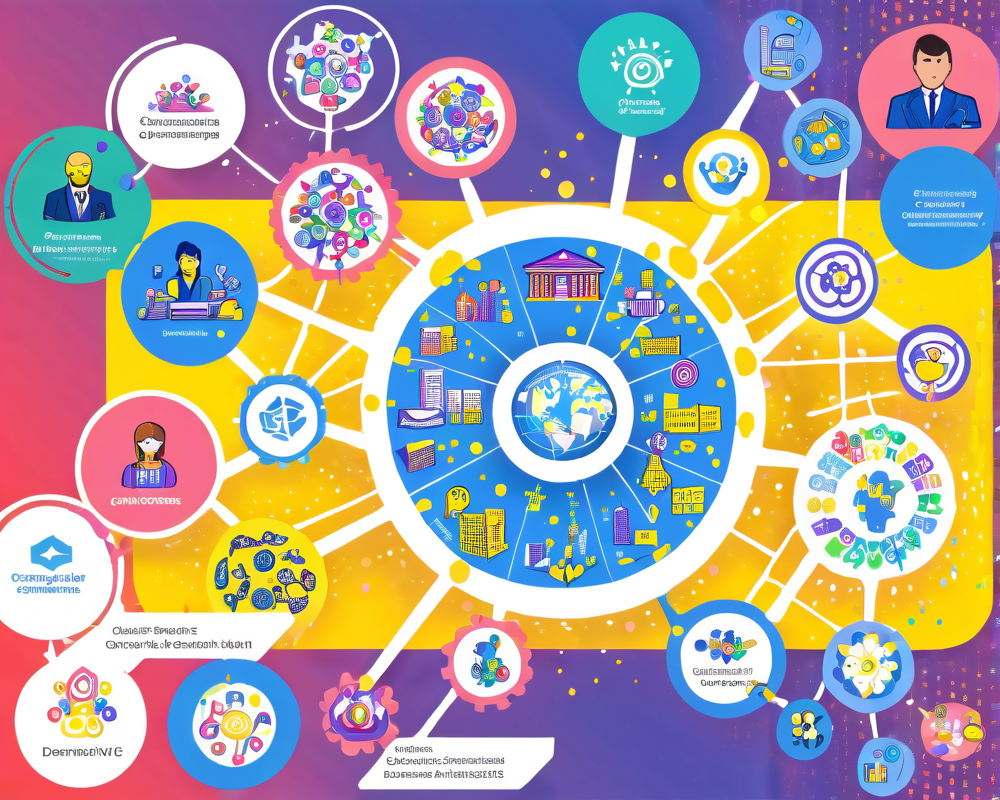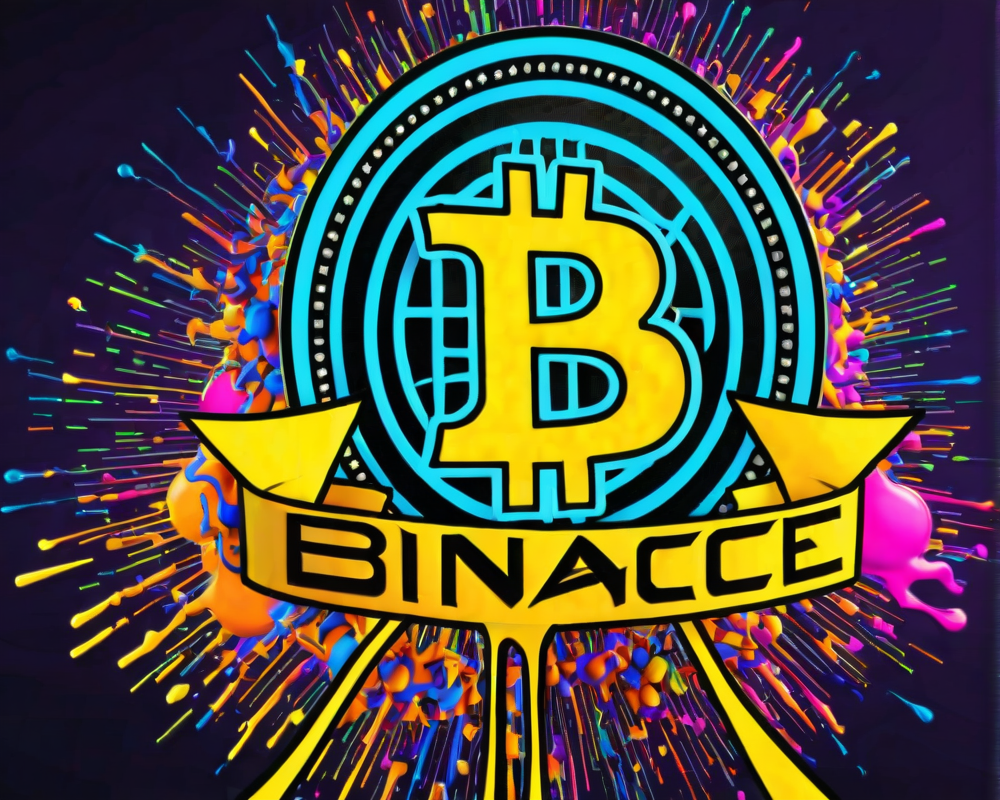The Essence of a DAO
Decentralized Autonomous Organizations (DAOs) are touted as the saviors of our corporate woes, moving decision-making away from centralized leaders and into the hands of the community. Simple in theory, they aim for a structure where every voice matters, unlike traditional corporate setups that resemble more of a monopoly board game than a democracy. But how often does that democratic vision get overshadowed by those playing favorites?
The Rise of BORGs: The AI Bureaucrat
Enter the BORGs—pronounced like the intergalactic threat in Star Trek, but thankfully, they don’t assimilate you. Instead, they promise a cushy bureaucratic role, taking a cue from the robotic school of governance. Delphi Labs has proposed these Cybernetic Organizations, designed to handle decision-making with the cold efficiency of a computer. While they might sound intriguing, how does one balance AI’s decisive prowess with a human touch in governance?
Convenience vs. Democracy
One of the glaring warnings about BORGs is their nefarious potential to stifle the democratic ethos of DAOs. As the creators of these BORGs exert control over their structures, it brings about a “trust us, we’re minimizing trust” paradox. Sure, it’s convenient to let an AI tackle the boring paperwork of decision-making, but does that mean we sacrifice the voices of our community? Decisions made by a few core developers masquerading as automated governance could lead us right back to corporate-style decision-making—those golden parachutes just might not be visible at first glance!
The Historical Context of DAOs
To appreciate the current landscape of DAOs, one must gaze into the rearview mirror. Born in the aftermath of the 2008 financial crisis, they promised hope against corporate greed. These organizations were designed to empower people, distributing governance like a buffet rather than a corporate boardroom’s restricted menu. Alas, as DAOs evolve, they face hurdles, including a rather inconvenient ruling that could extend liability to tokenholders. Talk about a hot potato!
Should We Let BORGs Dance?
One cannot help but wonder, should we even consider integrating BORGs? While they claim to reduce legal liabilities for DAO members, such a claim comes with caveats that could turn into tangled webs. The legacies of laws vary across jurisdictions, leaving us scratching our heads. Community involvement, on the other hand, isn’t just a side dish but the main course we need.
(Not) So Automated Decision-Making
A major flaw in turning governance to an algorithm is missing that vibrant human element of community discussions. Each member can offer unique perspectives that no AI can replicate; if we prioritize efficiency over engagement, we risk alienating the very community we sought to empower. A DAO’s true success lies in inclusivity—tapping into the diverse voices that can turn a good idea into a great one!
Building Bridges, Not Walls
In conclusion, while BORGs might provide a path forward for certain aspects of governance, they shouldn’t overshadow the importance of community engagement in DAOs. Developers should strive to reinforce inclusive practices rather than relying on automation. Let’s avoid alienating our community and, who knows? We may just create a DAO that thrives sustainably.




